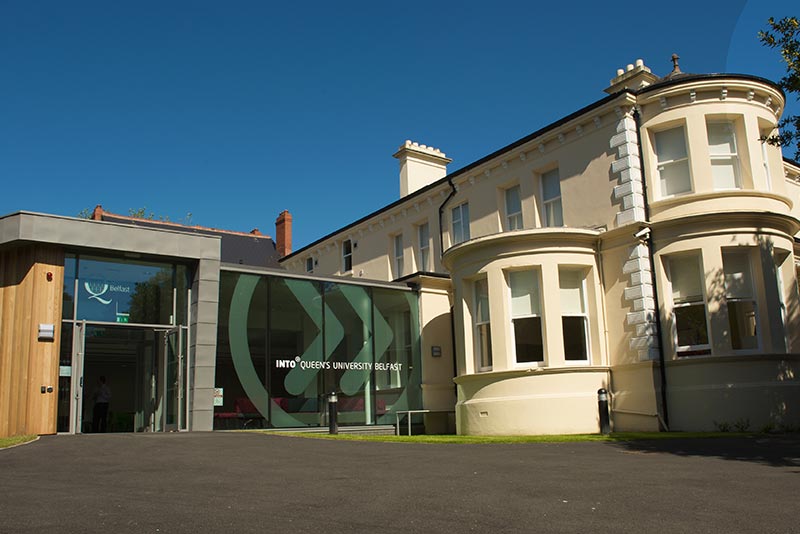Political violence, terrorism, and civil conflict have seriously affected the lives of millions of people around the world. Moreover, the legacy of 9/11, the rise of groups like ISIS in Syria and Iraq, and the emergence of far-right groups in the West have brought questions about the nature, evolution, causes, and consequences of non-state political violence to the forefront of academic, policymaking, media, and popular debates. Similarly, security responses to these challenges feature prominently in global politics. Governments pursue security strategies to preserve order and protect their citizens. Yet many governments also participate in conflict and political violence by holding onto power and preserving systemic injustices.
The MA in Violence, Terrorism and Security at Queen’s University Belfast provides you the tools to understand and critically engage with these issues. It equips you with the foundations and the most up-to-date research and methodologies in the fields of terrorism studies, security studies and conflict analysis. This programme helps students develop a critical and analytical approach to the study of the use of political violence and terrorism in history and the contemporary world. The MA in Violence, Terrorism and Security also challenges accepted wisdom and opens debate about the role of violence in relation to political power in the late 20th and early 21st centuries. It assesses state responses to the threat of terrorism and the challenge for security.
This programme provides you with the essential transferable skills and in-depth knowledge of theories and issues in the areas of violence, security, and terrorism for career development at any stage, from students straight from an undergraduate degree with limited to no prior professional experience, to those seeking continued professional development. This programme enables you to broaden your horizons providing you with a competitive edge in a global graduate market in a wide variety of areas such as the security sector, including intelligence agencies, government agencies and public office, the military, NGOs, academia, businesses and corporations, and the media among many other possibilities.

